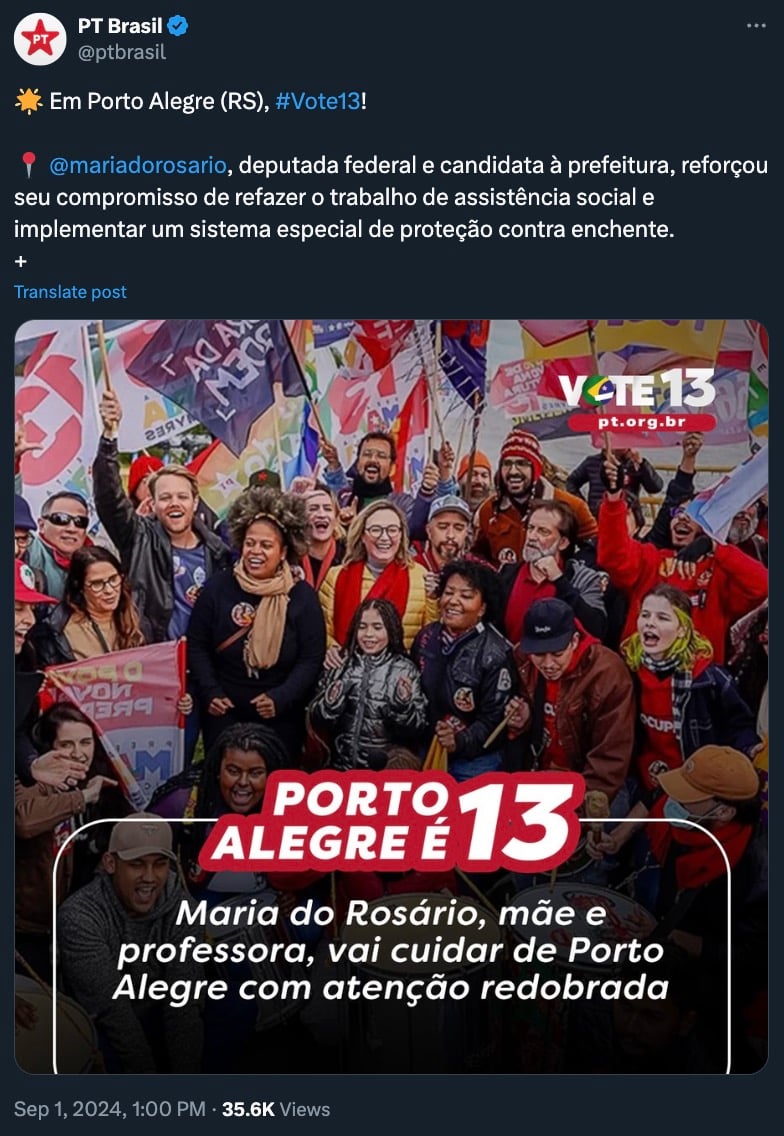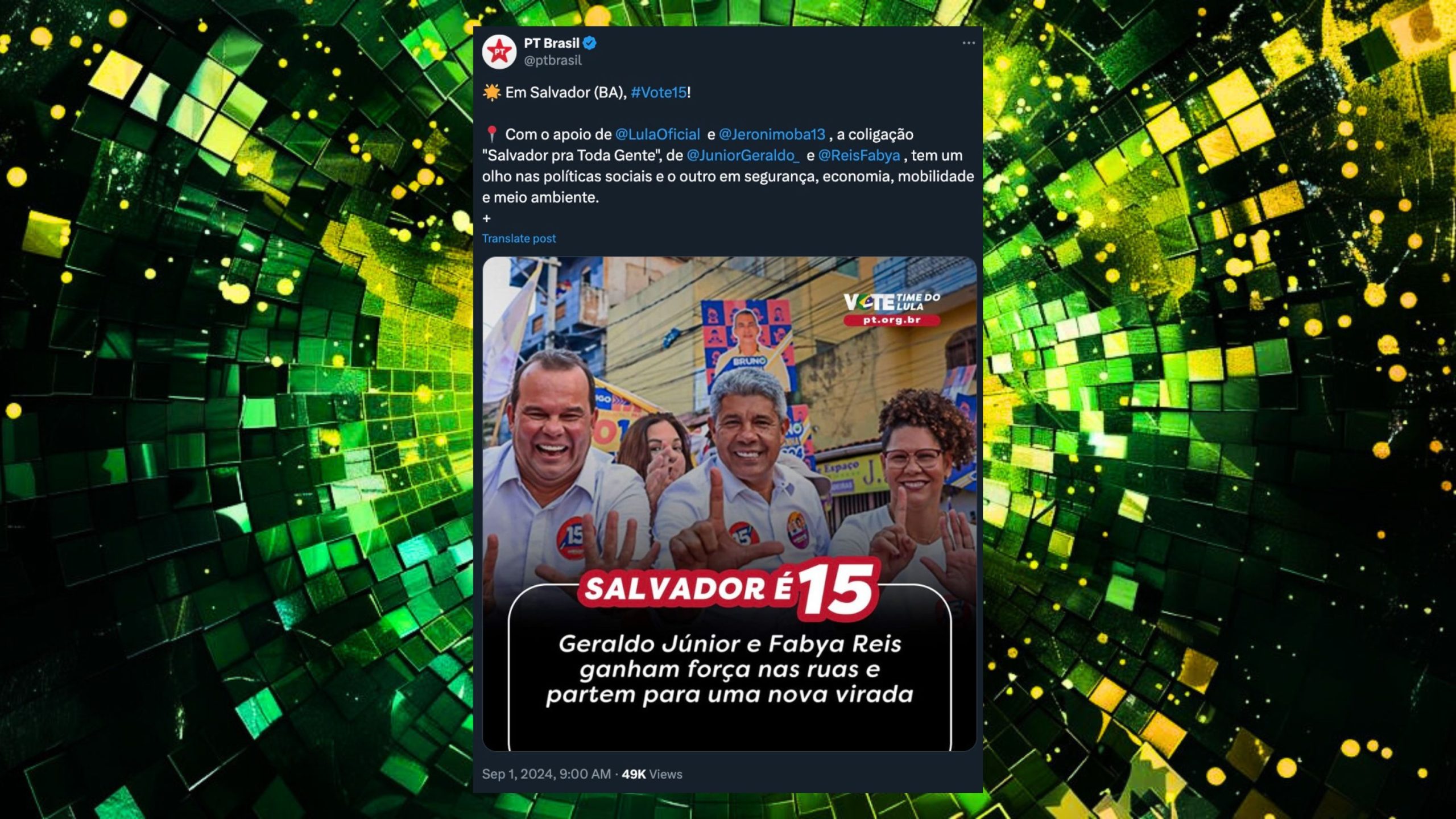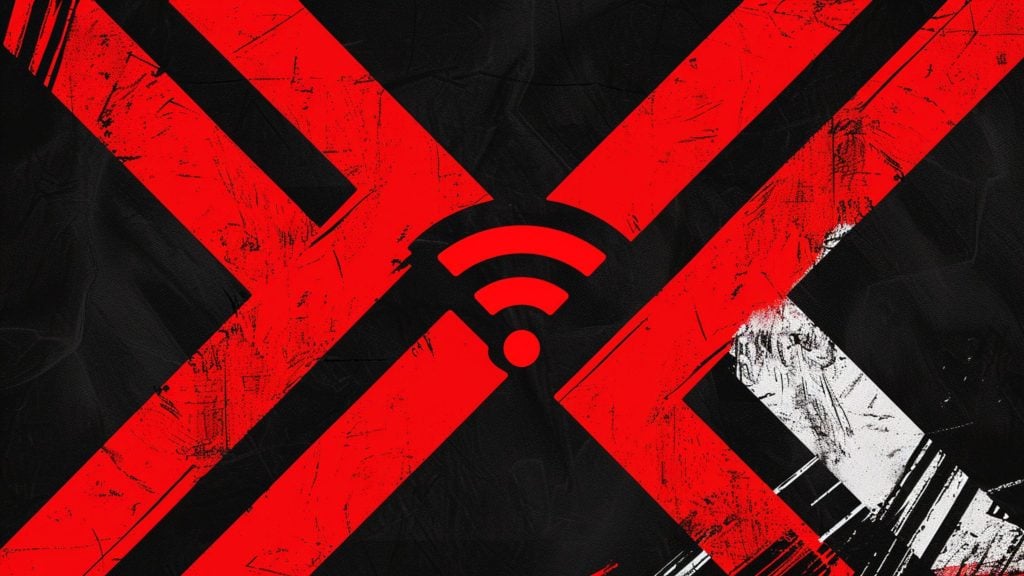Brazil’s government, under President Luiz Inácio Lula da Silva, has continued to use the social media platform X, even as it enforces a widespread ban against its citizens. This ban, initially enforced to curb “misinformation” and “hate speech,” supposedly aimed to protect public discourse and uphold “democracy.” However, the persistent activity on X by Lula’s party PT Brasil, and the Superior Electoral Court (TSE) starkly contrasts with the punitive measures threatened against ordinary citizens. They’re allowed to talk but the people aren’t allowed to talk back.

The issue is not just in the ban itself but in the implications of its enforcement. The government’s decision to silence potential critics on the platform while allowing pro-government voices to remain active raises serious concerns about fairness and equality before the law. This selective censorship effectively monopolizes the digital conversation, ensuring that only the political elite can disseminate information and engage with the public on X, while opposition voices are stifled.
By controlling who can speak and who can’t, the government is not just regulating a platform but is orchestrating the narrative. This creates an environment where “misinformation” can be selectively defined as anything that contradicts the official government position, regardless of its factual accuracy. Such actions compromise the foundational democratic principle that the public should have access to a plurality of views, especially in a digital age where social media platforms are critical arenas for political discourse.













